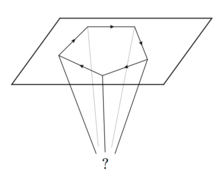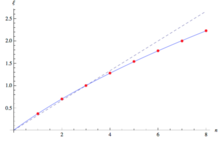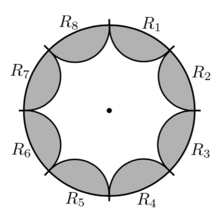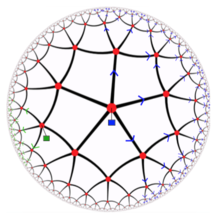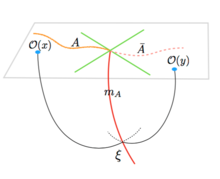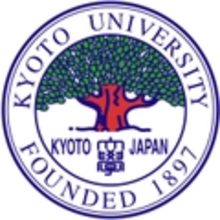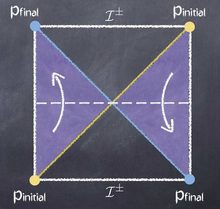Past Events
Mathematical Physics seminar: Chern-Simons theory II
2019-02-06Joint Math and Theoretical physics seminar on Chern-Simons theory, Knot invariants and Volume conjecture. Vyacheslav Lysov will be leading the discussion.
Journal club seminar: The Cosmological Bootstrap
2019-02-01Mathematical Physics seminar: Chern-Simons theory
2019-01-31Joint Math and Theoretical physics seminar on Chern-Simons theory, Knot invariants and Volume conjecture. Vyacheslav Lysov will be leading the discussion.
Journal club seminar: Turbulence and Random Geometry
2019-01-25Discussion on recent article by Yaron Oz "Turbulence and Random Geometry" with Slava Lysov leading the discussion.
Journal club seminar: Constraints on Symmetry from Holography
2019-01-21Discussion on recent articles by D. Harlow and H. Ooguri "Symmetries in quantum field theory and quantum gravity" and "Constraints on symmetry from holography" with Linqing Chen leading the discussion.
Journal club seminar: Quantum Error Correction and AdS/CFT
2019-01-11Discussion of the recent articles: "Holographic quantum error-correcting codes: Toy models for the bulk/boundary correspondence" and "Holographic duality from random tensor networks" led by Han Yan.
Journal club seminar: A modular toolkit for bulk reconstruction
2018-12-14Discussion of the recent article by T. Faulkner, M. Li and H. Wang "A modular toolkit for bulk reconstruction" by Sudip Ghosh.
[Seminar] "Flow equation, conformal symmetry and AdS geometries" by Dr. Shuichi Yokoyama
2018-12-04Speaker: Dr. Shuichi Yokoyama, Kyoto University
QG Group Meeting: Boundary<->Horizon maps for classical higher-spin gravity in de Sitter space
2018-12-03Quantum Gravity Group Meeting
Title: Boundary<->Horizon maps for classical higher-spin gravity in de Sitter space.
Speaker: Yasha Neiman, Quantum Gravity Unit (Neiman)
Kyoto/NTU/OIST Fundamental Theory Workshop
2018-11-24 to 2018-11-27Joint High Energy Theory workshop between Kyoto University, National Taiwan University and OIST. Additional external speakers are Song He, Eugene Skvortsov, Julian Sonner and Kazuya Yonekura.
Program & Schedule in attached PDF.





